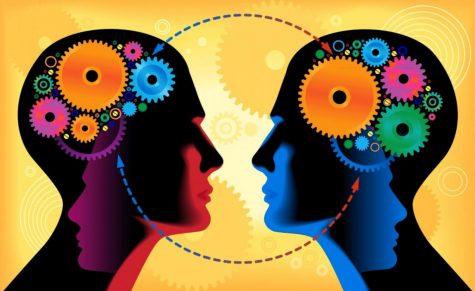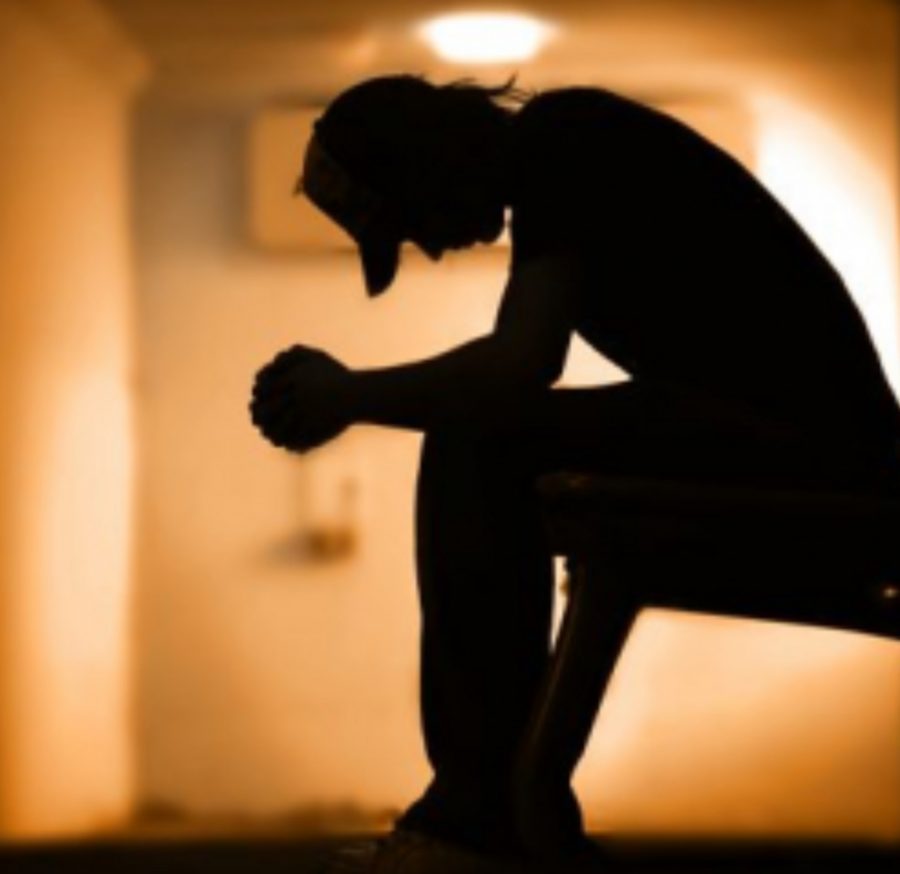COVID-19 And Its Impact On Mental Health
Many People Are Stuck Saying “I’m Fine” During This Global Pandemic
November 16, 2020
COVID-19 has impacted the world we know in so many ways. One day we were in school and at work, and the next we were quarantined and told to stay at least six feet away from other people. If you had told me a year ago that we would be going to school in a mask to stay protected from a terrifying virus, I would’ve looked at you like you were crazy.
Taking care of your mental health has always been important, but COVID-19 has shed even more of a light on the importance of mental health. This pandemic has seriously affected the mental health of people of all ages, but unlike, for example, COVID’s impact on the economy, its effects on mental health are overlooked. “Mental health is extremely important and is a topic that needs to be part of everyday discussion, especially during these times,” freshman Katie Koslow stated.
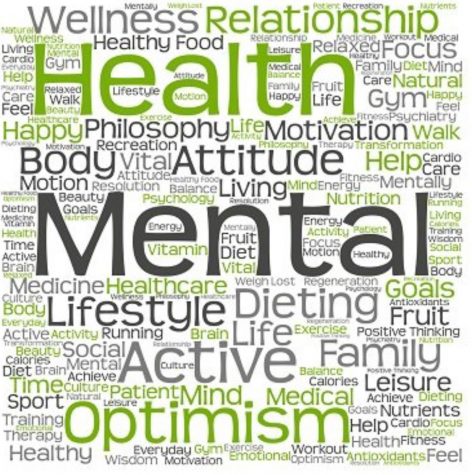
According to the Centers For Disease Control and Prevention (CDC) website, “The coronavirus disease 2019 (COVID-19) pandemic may be stressful for people. Fear and anxiety about a new disease and what could happen can be overwhelming and cause strong emotions in adults and children.” Adjusting to our new normal is not easy, and keeping track of regulations meant to keep you safe is difficult. Add in social distancing, and it’s all too much. This is why taking care of your mental health is more important now than ever.
There are many ways you can help yourself by learning to cope with the stress brought on by COVID-19. It’s okay and normal to be stressed, but it’s important to know and learn how to cope with it. Click here to view the Centers For Disease Control and Prevention’s advice for coping with stress brought on by COVID-19.
Remember that everyone reacts differently to stressful situations, so check in on your loved ones, but also on yourself. Educate yourself on facts surrounding the pandemic, not rumors. Feeding your brain facts will help you stay calmer.
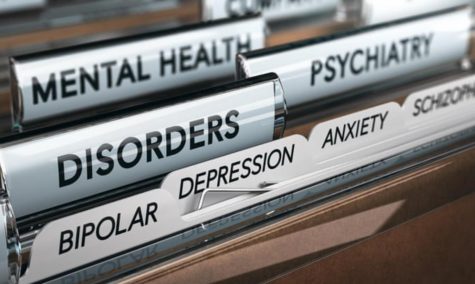
Even in this difficult time of social distancing, there are so many ways you can stay socially connected with those around you. “Find and make time to speak to a friend,” sophomore Avery Horn said. “Asking about the simplest things, like, ‘How was your day?’ can mean a lot to someone. It makes me feel less alone when someone I love asks how I’m doing.”
In a crisis, make sure to take action and get the help you need as soon as you can. Remember that the suicide, sexual abuse, domestic abuse, and other helplines are always available to you. This infographic from Academy Leaders sums up what you should do during a crisis.
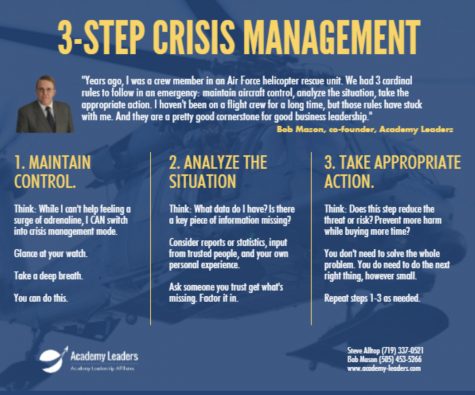
Check in on your strong friends. Check in on your quiet friends. Check in on your happy friends. Check in on your friends that seem fine. A little love and kindness goes a long way, and you never know when someone you love may need a shoulder to lean on during this pandemic. Even if someone “looks” fine, they may not be. This has affected everyone, whether they say so or not.
Remember: the world may be upside down right now, but mental health still needs to be a priority.
